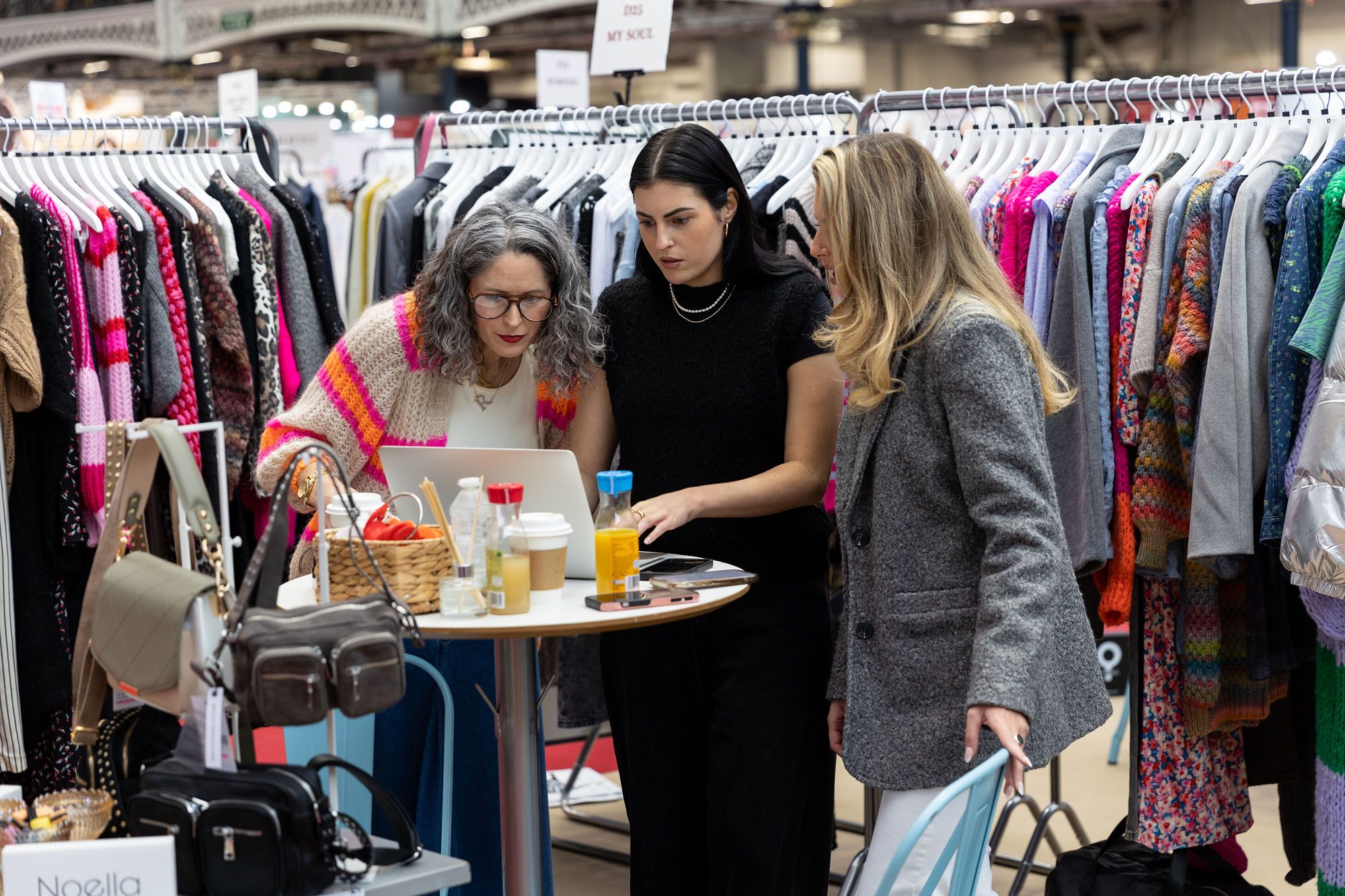How to Build Strong Relationships with Suppliers

Why are strong supplier relationships so important?
Quality and Consistency
A dependable supplier relationship ensures that you receive consistent, high-quality products. This consistency helps maintain your brand’s reputation and customer satisfaction. Suppliers who understand your quality standards and are committed to meeting them become invaluable partners in your business growth.
Cost Efficiency
Long-term relationships often lead to better pricing structures and payment terms. Suppliers are more likely to offer competitive rates and flexible payment options to loyal partners, helping you manage costs effectively and improve your profit margins.
Innovation and Market Responsiveness
Strong supplier relationships foster an environment where innovation thrives. Suppliers can offer insights into new materials, technologies, and trends that can give you a competitive edge. Collaborative innovation can result in unique products that resonate with your target market.
Supply Chain Stability
Reliable suppliers contribute to a stable supply chain, minimizing disruptions that can affect your ability to meet customer demand. A robust partnership ensures that both parties are prepared to handle challenges and changes in the market landscape effectively.
Strategies for Building Strong Supplier Relationships
1. Clear and Consistent Communication
Effective communication is the cornerstone of any successful relationship. Regular and transparent communication with your suppliers helps prevent misunderstandings and builds a foundation of trust.
- Regular Updates: Keep your suppliers informed about your product plans, demand forecasts, and any changes in your business strategy. This helps them anticipate your needs and adjust their operations accordingly.
- Feedback Mechanism: Establish a system for giving and receiving feedback. This two-way communication helps both parties identify and address issues promptly, leading to continuous improvement.
2. Mutual Respect and Trust
Respect and trust are essential for a healthy supplier relationship. Treat your suppliers as valued partners rather than mere vendors.
- Honor Commitments: Adhere to agreed-upon terms and conditions. Consistently meeting your commitments builds reliability and trust.
- Timely Payments: Ensure payments are made on time. Financial reliability enhances trust and solidifies the partnership.
- Recognition and Appreciation: Acknowledge and appreciate the efforts of your suppliers. Recognition fosters goodwill and encourages suppliers to maintain high standards.
3. Collaborative Innovation
Engage your suppliers in the product development process. Their insights and expertise can be invaluable in creating innovative products that meet market demands.
- Joint Development Projects: Collaborate on developing new products or improving existing ones. This partnership can lead to unique offerings that set your brand apart.
- Innovation Workshops: Organize workshops or brainstorming sessions with your suppliers to explore new ideas and technologies.
4. Performance Monitoring and Feedback
Regularly evaluate the performance of your suppliers using key metrics such as quality, delivery times, and responsiveness.
- Performance Reviews: Conduct periodic reviews to assess supplier performance. This helps in identifying areas for improvement and ensuring that standards are consistently met.
- Feedback Loop: Provide constructive feedback and encourage your suppliers to share their perspectives. This mutual exchange fosters a culture of continuous improvement.
5. Long-Term Commitment
Building long-term relationships with suppliers provides stability and reliability in your supply chain. It also opens the door to more favorable terms and deeper collaboration.
- Strategic Partnerships: Focus on developing strategic partnerships rather than transactional relationships. Long-term partnerships lead to mutual growth and success.
- Loyalty Programs: Consider implementing loyalty programs or incentives for long-term suppliers. This encourages loyalty and strengthens the partnership.
| The Role of Trade Shows Trade shows play a crucial role in building and enhancing supplier relationships. They provide a platform for networking, discovering new products, and gaining industry insights. Networking Opportunities: Trade shows bring together a diverse range of industry professionals, offering ample networking opportunities. You can meet potential new suppliers and strengthen existing relationships through face-to-face interactions.
|
 |
Discovering Trends and Innovations:
Trade shows are a hub of innovation, showcasing the latest trends and technologies in the fashion industry. Staying ahead of market trends is crucial for maintaining a competitive edge.
- Trend Spotting: Discover the latest trends and incorporate them into your product offerings.
- Innovative Solutions: Explore new materials, technologies, and solutions that can enhance your products and operations.
Educational Opportunities
Many trade shows offer seminars, workshops, and panel discussions on various industry topics. These educational sessions provide valuable insights and knowledge.
- Learning and Development: Attend workshops and seminars to gain insights into best practices and industry developments.
- Enhancing Strategies: Use the knowledge gained to enhance your business strategies and supplier relationships.
Evaluating Suppliers
Attending trade shows allows you to evaluate suppliers firsthand. You can assess the quality of their products, reliability, and credibility through direct interactions.
- Quality Assessment: Inspect the quality of products up close and ensure they meet your standards.
- Supplier Credibility: Verify the credibility and reliability of potential suppliers through personal interactions.
Summary
1) Building strong relationships with suppliers in the fashion industry is essential for ensuring quality, cost efficiency, innovation, and supply chain stability.
2) By fostering clear communication, mutual respect, collaboration, and long-term commitment, you can create a resilient and efficient supply chain that drives your business success.
3) Trade shows play a pivotal role in this process, offering unparalleled opportunities for networking, discovering new trends, and gaining industry insights. By leveraging the benefits of trade shows and adopting best practices in supplier relationship management, you can strengthen your business and stay ahead in the dynamic world of fashion retail.
Other content you may be interested in: How to prepare for trade shows

)
)
)